Case studies
Now that you've reviewed the resources, take a look at these Case studies for inspiration about how energy efficiency initiatives work in practice.
Now that you've reviewed the resources, take a look at these Case studies for inspiration about how energy efficiency initiatives work in practice.
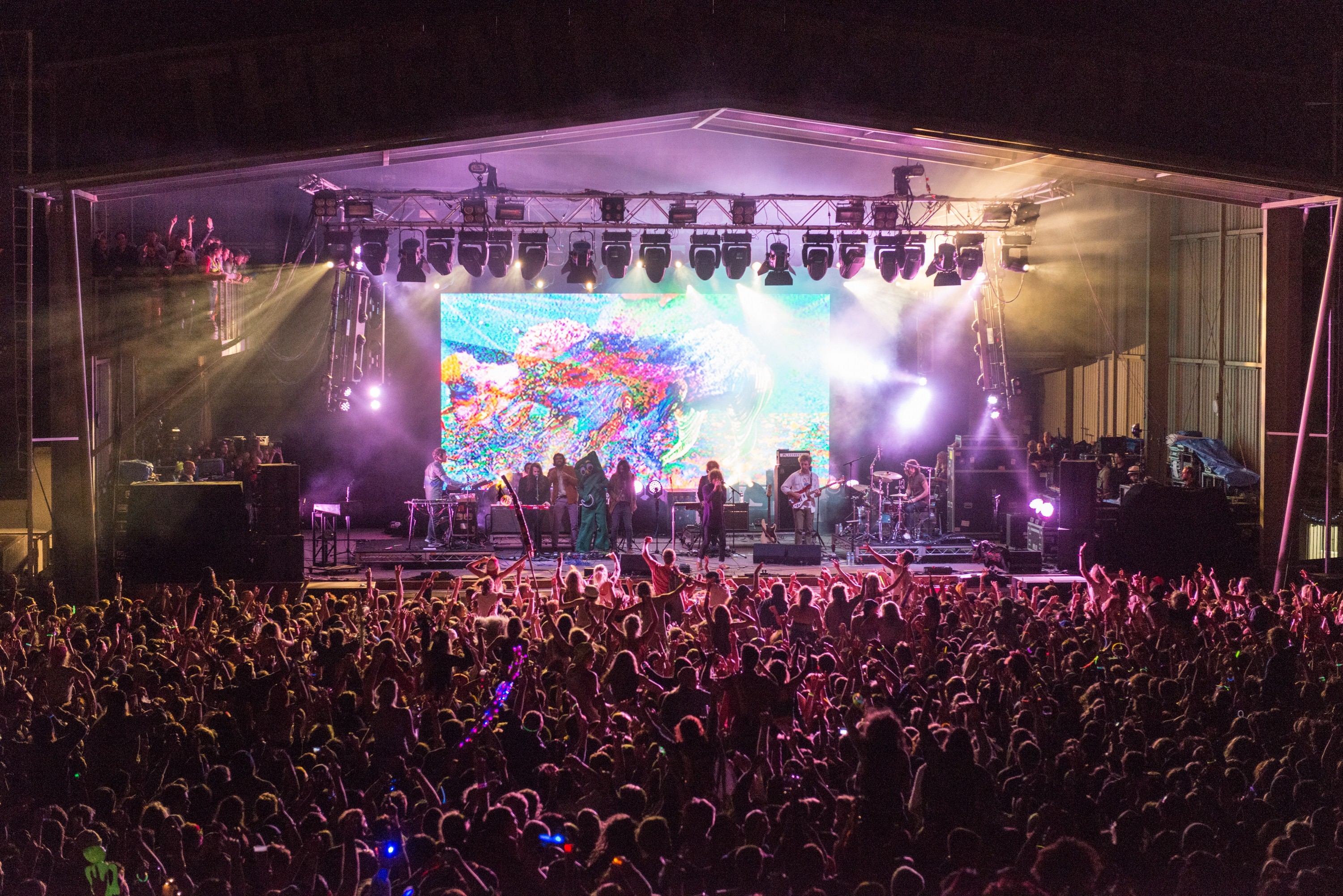
Falls Festival is a three-day music festival held from 30 Dec to 1 Jan, and is produced at three locations – Marion Bay TAS, Lorne VIC and Byron Bay NSW.
The festival includes onsite camping and is powered using temporary power generation. The primary driver for efficiency is the overall reduction of fossil fuels and associated financial savings. This case study focuses on the Marion Bay event.
Other events can replicate the excellent efficiency results of Falls Festival TAS through documenting power usage, generator sizes and distribution, fuel consumption and efficiency – to allow future energy efficiency planning.
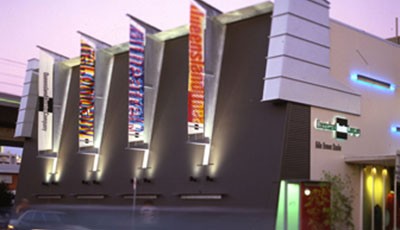
The Department of Public Works (DPW) commissioned an Energy Audit of the Queensland Theatre Company building with a view to achieving base building operational cost reductions and an improved sustainability profile. QTC as the state theatre company supported the concept of an improved sustainability profile and embarked on engaging with DPW to ensure best possible outcomes were achieved.
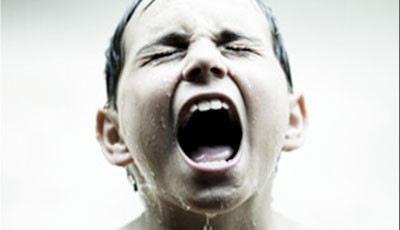
Water Wars is a funny, dark, beautiful, shocking and surprising piece of theatre about how we live with each other on an increasingly fragile planet. It profiles the impact of scarcity. Produced by Brisbane based production house, Umber Productions, Water Wars had its World Premiere at the Empire Theatres, Toowoomba on 20 July 2011, before a Brisbane season at La Boite Indie in August 2011.
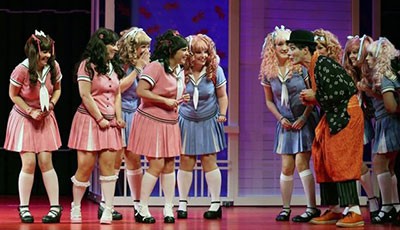
Australia’s vast spaces make regional touring one of the industry’s greatest sustainability challenges. Read the case study here to discover the impact of a fairly large regional tour like the one undertaken throughout Queensland by Opera Queensland.
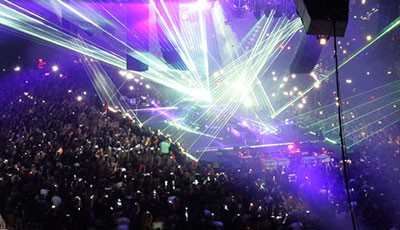
Brisbane Entertainment Centre is dedicated to reducing its environmental footprint. Brisbane Entertainment Centre’s commitment to the environment is woven into the way the venue operates through AEG 1EARTH, AEG Ogden‘s environmental program that measures and quantifies the impact of AEG Ogden’s operations, identifies goals to guide decision making, and provides tools to continually improve environmental performance. AEG 1EARTH has set company - wide 2020 environmental goals with a focus on energy, water and waste. Brisbane Entertainment Centre tracks progress toward these goals on a monthly basis through AEG Ecometrics that measures their resources consumed and wastes generated.
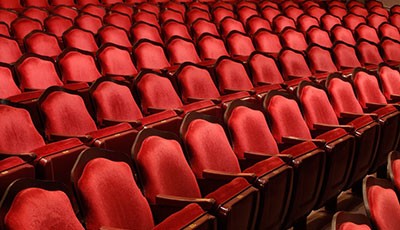
This document provides a collection of energy efficiency measures in live performance venues across Australia. The purpose of this case study collection is to share success stories and prompt venue managers to consider implementing similar energy efficiency measures in the various areas of their venue.
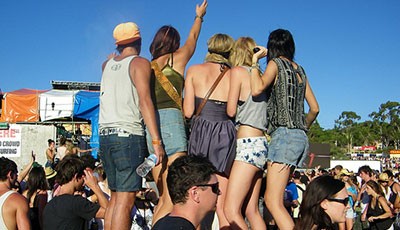
Achieving an energy efficient outdoor event means tackling power planning from the design of the event through to the delivery. This case study provides some real life examples of event operators who have accessed knowledge to achieve reduced demand. They have been helped along the way by equipment and power providers who are growing their capabilities around supply solutions, and communicating with power users. In each case, systems have been devised and protocols laid down and then followed through by on-ground teams.
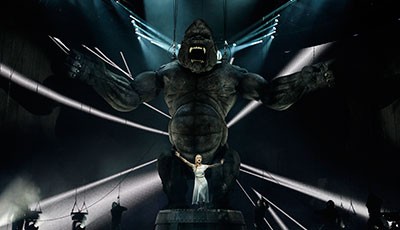
King Kong the musical premiered on 15th June 2013 at the Regent Theatre in Melbourne, for its exclusive Australianseason. It was produced by Global Creatures,the makers of Walking with Dinosaurs – the Arena Spectacular and How to Train Your Dragon Arena Spectacular, in association with DreamWorks Theatricals. Featuring a cast of more than 50, this musical takes the audience on a journey from the streets of 1930’sNew York to the uncharted wilderness of Skull Island. The production included the latest innovations in choreography, puppetry, circus and animatronics, but also the latest in energy efficent lighting.
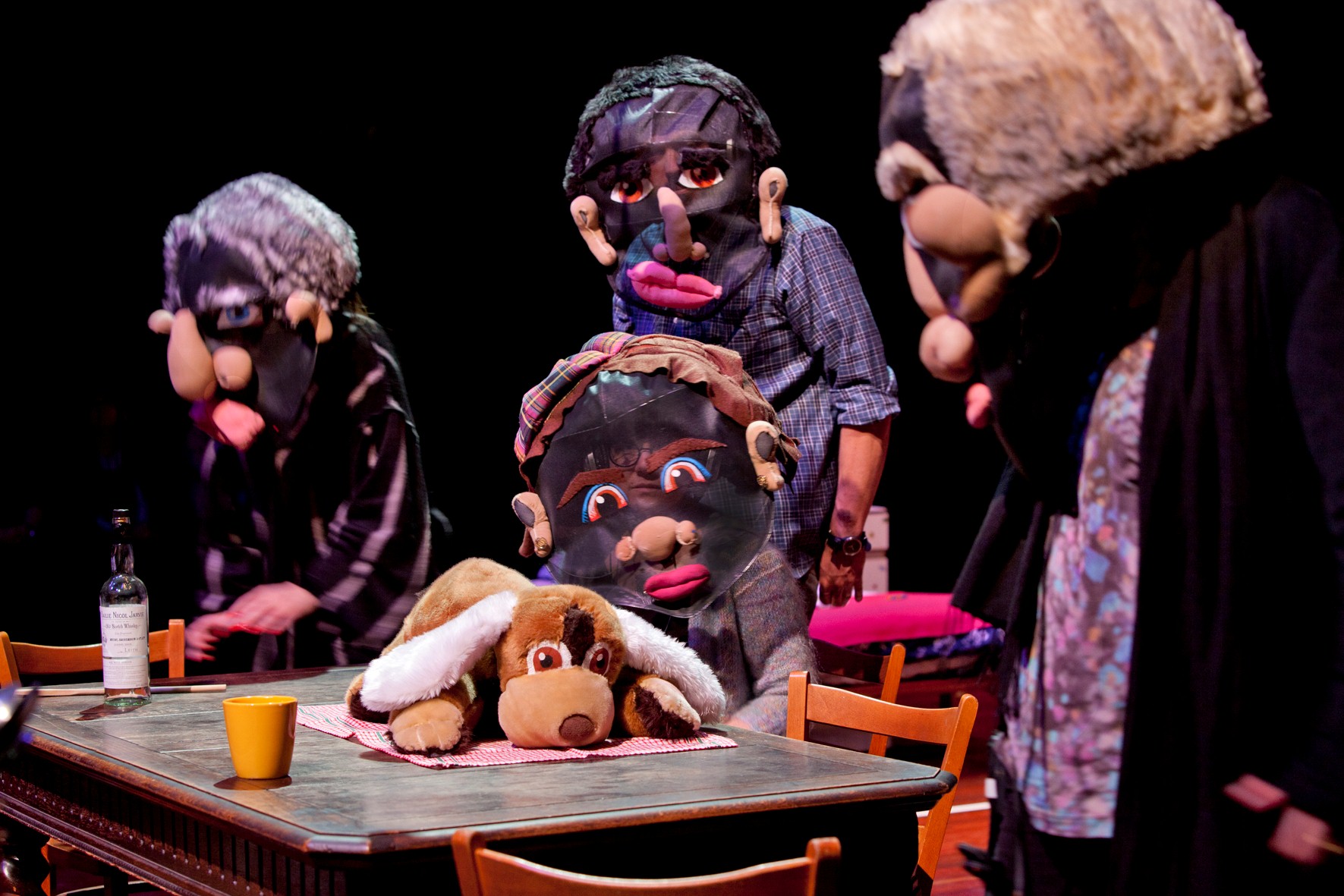
Performing Lines develops, produces and tours new and innovative Australian performing arts regionally, nationally and internationally. In order to ensure Performing Lines can continue to share contemporary Australian works throughout the continent and the world, they recognise that they must move away from the standard touring model and find more creative ways to tour and present shows; while at the same time preserving the artistic integrity of productions.
In 2015, Performing Lines is producing a national Roadwork tour of Side Pony’s The Confidence Man. The production is unusual in that it does not tour with a cast, but rather six audience members who volunteer for each show to participate in the performance; each playing one of the six characters. Equipped with a headset and a mask representing their character, each participant enters the world of an ordinary suburban home … and the rest is left to them!
Earthcore music, arts and lifestyle festival (Earthcore) is Australia's original electronic music festival, and has been a feature on the international festival circuit for over 20 years.
Held annually over 4 days in late November, the festival showcases live performances from international and local electronic music artists, and has become renowned for its cutting edge sound and visual displays.
At its peak in the mid-1990's, Earthcore drew crowds of up to 30,000, however as new festivals emerged, patron numbers declined, until operations eventually ceased in 2009. In 2013 Earthcore re-emerged with a new management approach and an increased focus on sustainability.
After staging a successful 20th Anniversary return festival in 2013 in Pyalong, central Victoria, the festival was held at the same site in 2014, attracting around 5,000 patrons. This case study focuses on the 2014 Earthcore festival, held in Pyalong, Victoria.
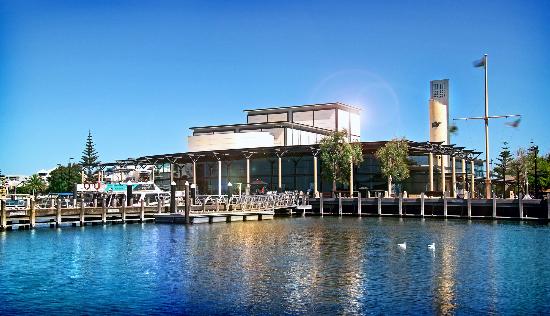
The Mandurah Performing Arts Centre (MANPAC) was officially opened in June 1997 and was funded by the Western Australia state government and the City of Mandurah. Comprising the Boardwalk Theatre, the Fishtrap Theatre and the Alcoa Mandurah Art Gallery, the Centre is an icon for the performing and visual arts in the Peel Region. Other facilities within the Centre include a dance studio, meeting rooms, artist dressing rooms and retreat areas. As part of the local government’s commitment to sustainability, the City of Mandurah has installed a 100 kW (DC) solar PV system on the MANPAC building rooftop in December 2014.
MANPAC is committed to maximising cost efficiency and reducing its environmental footprint. Electricity made up around 10% of the Centre’s total operating cost in the 2013/14 Year and MANPAC has been tracking and analysing their electricity consumption periodically since 2008. MANPAC solely relies on energy usage data available through its energy provider, Western Power.
Merrigong Theatre Company manages one of Australia’s busiest, most dynamic regional venues - Illawarra Performing Arts Centre in Wollongong, about an hour south of Sydney. In June 2014, the company also took over management of the city’s key civic and community venue, the Wollongong Town Hall.
Illawarra Performing Arts Centre (IPAC) was opened in 1988 and consists of 3 performance spaces: the 515 seat IMB Theatre, the 234 seat Bruce Gordon Theatre and the 80 seat Bob Peete Studio. In addition to being the home of Merrigong Theatre Company, IPAC also operates as a venue for hire, hosting numerous commercial and community performing arts events throughout the year.
Merrigong Theatre Company has been using the LPA Greenhouse Gas Estimator to review the IPAC’s
energy performance. One of the key measures to come out of the benchmarking has been the decision to gradually replacing equipment once it reaches the end of its lifecycle with equipment that uses less power, rather than investing in major retrofits.